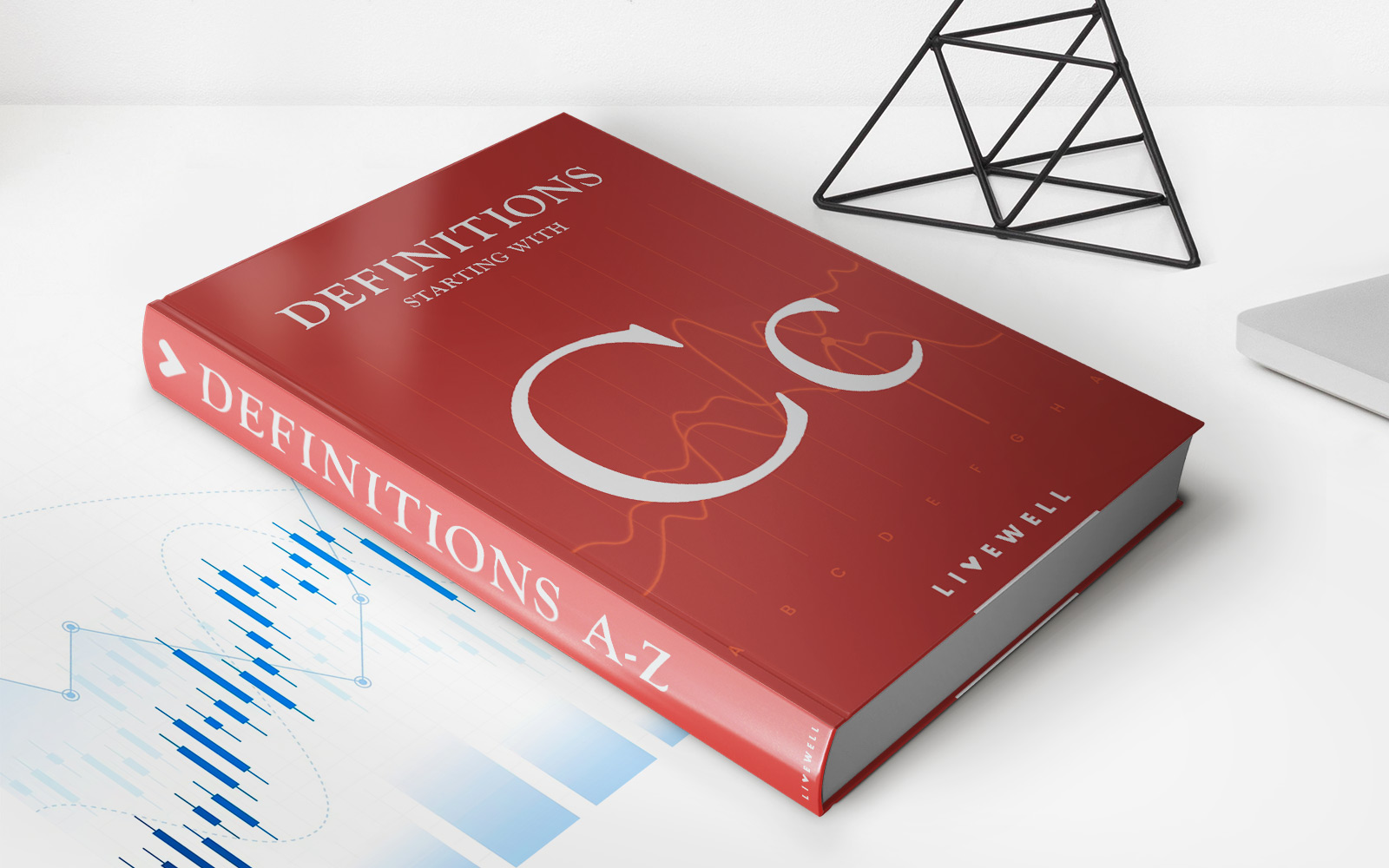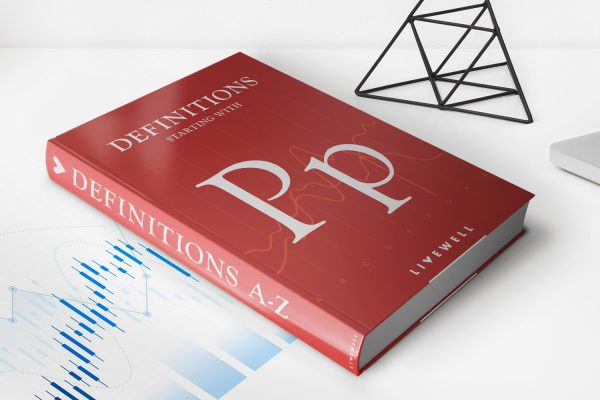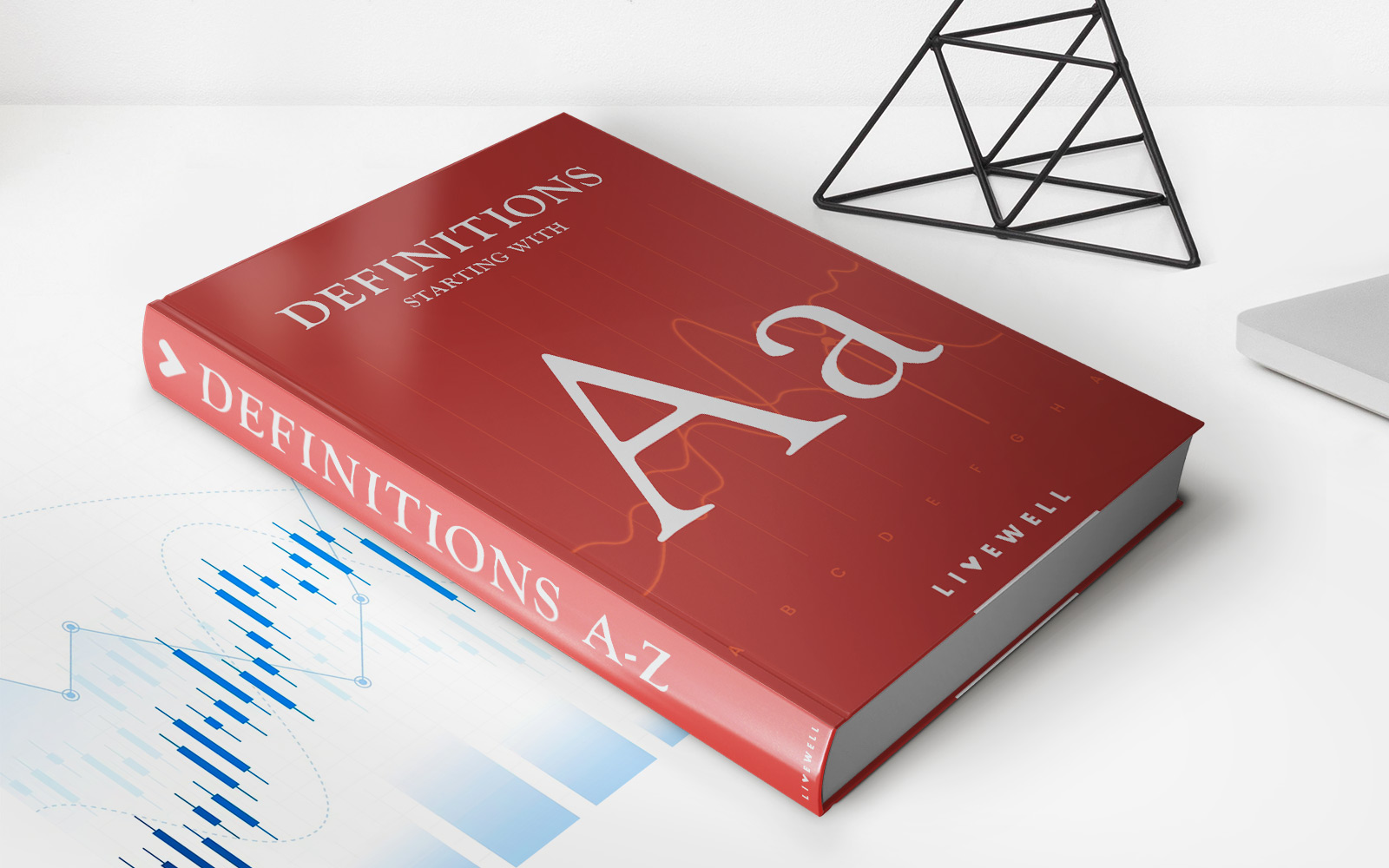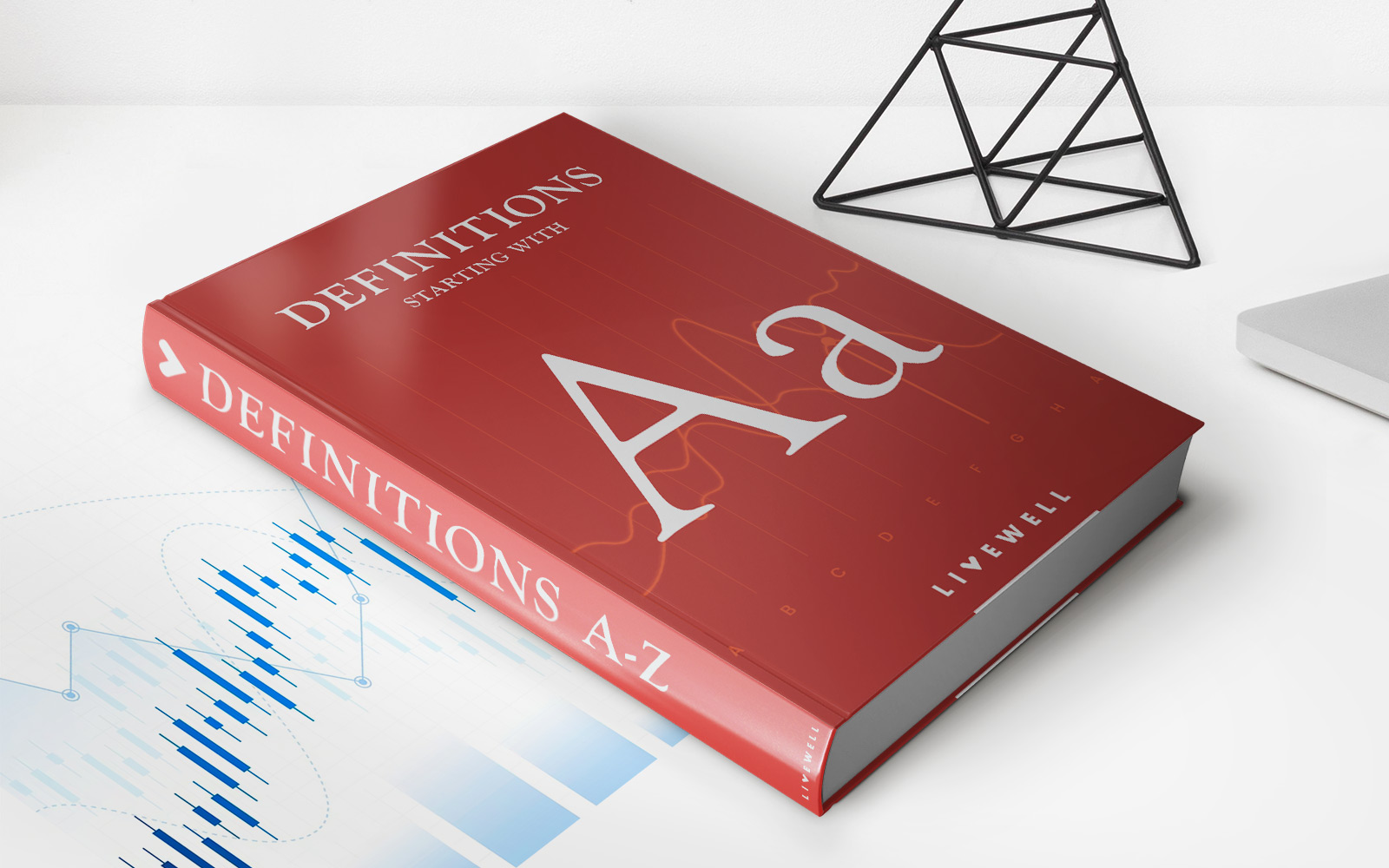

Finance
Who Does Not Need Life Insurance?
Modified: December 30, 2023
Find out who doesn't need life insurance and understand how it relates to personal finance. Explore the factors that determine if life insurance is essential for you.
(Many of the links in this article redirect to a specific reviewed product. Your purchase of these products through affiliate links helps to generate commission for LiveWell, at no extra cost. Learn more)
Table of Contents
Introduction
Life insurance is a crucial financial tool that offers protection and peace of mind to individuals and their loved ones. It provides financial support in the event of an individual’s death, serving as a safety net for dependents and beneficiaries. However, life insurance is not a one-size-fits-all solution, and there are circumstances where individuals may not need it.
In this article, we will discuss different scenarios where life insurance may not be necessary. It is essential to note that these situations apply to individuals who are financially independent and have no dependents or outstanding financial obligations.
Before we dive into specific scenarios, it’s important to clarify that life insurance is typically recommended for individuals with dependents, such as a spouse, children, or aging parents, as it can provide financial support for them in the event of the insured person’s untimely demise. However, for those who do not have dependents or significant financial obligations, life insurance may not be a critical requirement.
Financially Independent Individuals
Financially independent individuals are those who have accumulated enough wealth and assets to support themselves comfortably without relying on income from employment or any external sources. These individuals have diligently saved and invested throughout their lives, building a substantial nest egg for their future.
For financially independent individuals, life insurance may not be a priority as they have enough resources to sustain their lifestyle and cover any expenses that may arise. Since they do not have dependents or financial obligations to others, the need for life insurance diminishes.
However, it is important to consider the specific circumstances of the financially independent individual. If they have a business partner or co-owner, life insurance may be necessary to ensure a smooth transition of ownership in case of their untimely passing. Additionally, if they have outstanding debts that could become a burden for their estate, life insurance can help cover these dues without depleting their assets.
Ultimately, the decision to purchase life insurance as a financially independent individual depends on their individual circumstances, risk tolerance, and goals. Consulting with a financial advisor can provide valuable insights and help determine whether life insurance is necessary to protect their financial interests.
People with No Dependents
Life insurance is primarily designed to provide financial support to dependents in the event of the insured’s death. Dependents can include a spouse, children, aging parents, or any individuals who rely on the insured for financial assistance.
For individuals who have no dependents, the need for life insurance diminishes. If there is no one financially reliant on the individual’s income or support, the purpose of life insurance is significantly reduced.
However, it’s important to note that there may still be reasons for individuals with no dependents to consider life insurance. One such reason might be to cover funeral and final expenses. Funeral costs can be a significant financial burden for surviving family members, and life insurance proceeds can help alleviate this burden.
Additionally, life insurance can be utilized as a means to leave a legacy or make charitable donations. Individuals with no dependents may choose to name a favorite charity or organization as the beneficiary of their life insurance policy to support causes that are important to them.
Ultimately, the decision to purchase life insurance for individuals with no dependents should be based on their personal circumstances and financial goals. If the individual has sufficient assets and resources to cover any potential expenses and has no desire to leave a financial legacy, life insurance may not be a critical requirement for them.
However, it is important to consider future changes in circumstances. If an individual plans to have dependents in the future, such as getting married or having children, it may be wise to consider life insurance earlier on to secure coverage at a younger and potentially more affordable age.
Individuals with Sufficient Assets
Life insurance serves as a financial safety net for individuals, providing support to their loved ones in the event of their untimely death. The purpose of life insurance is to replace the income and cover any financial obligations that the insured individual would have fulfilled if they were still alive.
However, individuals with sufficient assets may not need life insurance. These individuals have accumulated significant wealth or have substantial investments, such as real estate, retirement savings, or other assets, that can provide financial security to their loved ones after their passing.
With sufficient assets, such individuals can create alternative plans for their beneficiaries without relying on life insurance. For example, they can establish a trust or other estate planning strategies to transfer their assets and provide financial support to their loved ones.
It’s essential to assess the value of these assets and consider the potential impact of taxes, debts, and other expenses that may be incurred upon the individual’s death. With proper estate planning, these considerations can be addressed, ensuring that the assets are efficiently distributed to the intended beneficiaries.
However, there are certain situations where life insurance may still be beneficial for individuals with sufficient assets. For instance, if the assets are illiquid or have significant tax consequences upon liquidation, life insurance can provide the necessary liquidity to cover these expenses without depleting the assets.
Additionally, individuals with business interests, such as business owners or shareholders, may consider life insurance as a means to ensure a smooth transition of ownership and provide financial stability to the business in the absence of the insured.
In summary, individuals with sufficient assets may not require life insurance as their wealth and investments can provide financial security to their loved ones. However, it is essential to carefully assess the value, liquidity, and potential expenses associated with these assets to determine if life insurance is necessary to address any potential gaps in financial coverage.
Those with Adequate Employer-provided Life Insurance
Many employers offer life insurance as part of their employee benefit package, providing coverage to employees at no or minimal cost. This employer-provided life insurance can be a valuable perk that offers financial protection to the insured individual and their dependents.
For individuals who have adequate employer-provided life insurance coverage, there may be no need to purchase additional life insurance policies. The provided coverage is typically sufficient to meet the financial needs of the insured’s dependents in the event of their death.
It’s important to carefully review the terms and coverage amount of the employer-provided life insurance policy. The coverage should be evaluated based on factors such as the size of the insured’s family, their financial obligations, and the anticipated needs of their dependents.
If the employer-provided life insurance is in line with the insured’s requirements, it can serve as a reliable source of financial protection. In such cases, there may be no need to invest in additional life insurance policies that could potentially duplicate coverage or incur unnecessary expenses.
However, it’s crucial to consider the limitations of employer-provided life insurance. Often, this coverage is tied to the individual’s employment and may cease upon termination or retirement. Therefore, individuals should assess their long-term insurance needs and determine if supplemental or independent life insurance coverage is necessary to bridge any potential coverage gaps.
Additionally, the coverage amount provided by the employer may not be sufficient to meet the insured’s needs. If the dependents or financial obligations have increased, or if the individual desires to leave a larger financial legacy, purchasing additional life insurance can help fill these gaps.
Ultimately, individuals with adequate employer-provided life insurance should evaluate the coverage in the context of their specific circumstances and financial goals. They need to consider factors such as the longevity of the coverage, changes in employment, and any anticipated future needs before making a decision regarding additional life insurance policies.
Seniors with Grown and Independent Children
Life insurance is commonly associated with providing financial support to dependents in the event of the insured’s death. As individuals reach their senior years and their children become grown and financially independent, the need for life insurance may diminish.
Seniors with grown and independent children typically have fewer financial obligations and dependents relying on their income. Their children have established their own lives and are no longer financially reliant on their parents.
In such scenarios, the main purpose of life insurance, which is to provide financial protection to dependents, becomes less relevant. The need for a safety net to replace lost income or cover expenses decreases as there are no longer individuals who depend on the insured for financial support.
However, there may still be reasons for seniors to consider life insurance. For instance, if they have outstanding debts, such as mortgages or other loans, that could burden their estate and impact their beneficiaries, life insurance can help cover these liabilities.
Furthermore, life insurance can be used as part of estate planning to leave a financial legacy or equalize an inheritance among multiple beneficiaries. It can also be utilized to cover final expenses, such as funeral costs, to ease the financial burden on surviving family members.
Seniors with grown and independent children should evaluate their overall financial situation, including their assets, debts, and estate planning goals, to determine if life insurance is necessary. Consulting with a financial advisor or estate planning professional can provide valuable insights and guidance in making this decision.
Additionally, as with any insurance decision, seniors should consider the cost of premiums in relation to their current financial resources. Assessing the affordability of life insurance in relation to other financial priorities is crucial to ensuring a sound financial plan.
While life insurance may not be a critical requirement for seniors with grown and independent children, considering the individual circumstances and goals can help determine whether it is necessary to provide additional financial support or address specific financial needs.
Individuals with No Outstanding Debts
Life insurance is often considered as a means to provide financial security and support to dependents in the event of an individual’s death. One of the primary purposes of life insurance is to cover any outstanding debts, such as mortgages, loans, or credit card balances, to prevent them from becoming a burden to the insured’s loved ones.
However, for individuals with no outstanding debts, the need for life insurance diminishes. Without any financial obligations that could potentially burden their estate, the necessity for life insurance to cover debt repayments becomes unnecessary.
These individuals have either paid off their debts or have never incurred significant liabilities. As a result, the financial impact upon their passing is minimal, and their estate can be managed without the need for life insurance proceeds.
However, there may still be reasons for individuals with no outstanding debts to consider life insurance. It can be used as a financial tool for estate planning purposes, such as providing liquidity to cover estate taxes or leaving a substantial legacy to beneficiaries or charitable organizations.
Furthermore, life insurance can be utilized as a means to equalize inheritances among beneficiaries. Individuals who desire to distribute their assets in a balanced and fair manner can designate life insurance proceeds to specific beneficiaries to achieve this objective.
Ultimately, the decision to purchase life insurance for individuals with no outstanding debts depends on their specific circumstances and financial goals. If there are concerns about future financial obligations or the desire to leave a financial legacy, life insurance may still hold value.
It is important to note that the cost of life insurance premiums should be carefully considered in relation to the individual’s overall financial situation. If the premiums would place a significant strain on their finances, it may be more prudent to allocate those funds towards other financial goals, such as retirement savings or investments.
Consulting with a financial advisor can provide valuable insights to individuals with no outstanding debts, helping them determine if life insurance aligns with their financial plan and long-term objectives.
Individuals with No Financial Obligations to Others
Life insurance is typically recommended for individuals who have financial obligations to others, such as dependents, spouses, or individuals who rely on them for financial support. The purpose of life insurance is to provide financial protection to these individuals in the event of the insured’s death.
For individuals with no financial obligations to others, the need for life insurance diminishes significantly. Without anyone dependent on their income or support, the financial impact of their passing is minimal.
These individuals have no dependents, no aging parents who rely on their financial support, and no other individuals who would experience a significant financial burden upon their death.
As a result, life insurance may not be necessary for individuals with no financial obligations to others. The purpose of life insurance is to bridge the financial gap left behind by the insured, and when there are no such gaps to be filled, the need for life insurance decreases.
However, there may still be reasons for individuals with no financial obligations to consider life insurance. For example, life insurance can be used as a way to fulfill philanthropic desires by leaving a financial legacy to charitable organizations or institutions.
Additionally, life insurance can provide peace of mind to individuals who want to ensure that any final expenses, such as funeral costs, will not burden their loved ones. By having life insurance coverage, they can ensure that these costs are covered without dipping into their existing assets or savings.
Ultimately, the decision to purchase life insurance for individuals with no financial obligations to others depends on their personal circumstances, goals, and priorities. They should carefully assess their financial situation, consider their long-term plans, and evaluate whether the benefits of life insurance outweigh the associated costs.
It is recommended that individuals consult with a financial advisor who can provide guidance on the necessity and suitability of life insurance based on their specific circumstances.
Conclusion
Life insurance is a valuable tool that offers financial protection and peace of mind to individuals and their loved ones. However, it is not necessary for everyone in every circumstance. There are situations where individuals may not need life insurance, depending on their financial independence, dependents, and outstanding obligations.
Financially independent individuals who have accumulated sufficient assets may not require life insurance as they have the means to support themselves and cover any expenses that may arise. Similarly, individuals with no dependents or significant financial obligations may find life insurance unnecessary.
Those with adequate employer-provided life insurance coverage may not need additional policies, as the coverage provided by their employer can be sufficient to meet their needs. Seniors with grown and independent children may also find that the need for life insurance decreases, as their financial obligations lessen.
Individuals with no outstanding debts or financial obligations to others may also find life insurance unnecessary, as there are no significant financial burdens to be covered. However, considering future circumstances and the desire to leave a financial legacy may warrant the purchase of life insurance.
In conclusion, the decision to purchase life insurance depends on an individual’s unique situation, financial goals, and personal preferences. It is crucial to carefully assess the specific circumstances and consult with a financial advisor to determine the necessity and suitability of life insurance.
Regardless of the decision, it is important not to overlook other aspects of financial planning, such as retirement savings, investments, and estate planning. Balancing these various components is key to achieving overall financial security and well-being.
Remember, life insurance is a personal choice and should align with an individual’s specific circumstances and financial goals. By carefully assessing one’s needs and priorities, individuals can make an informed decision about whether or not life insurance is necessary in their situation.














